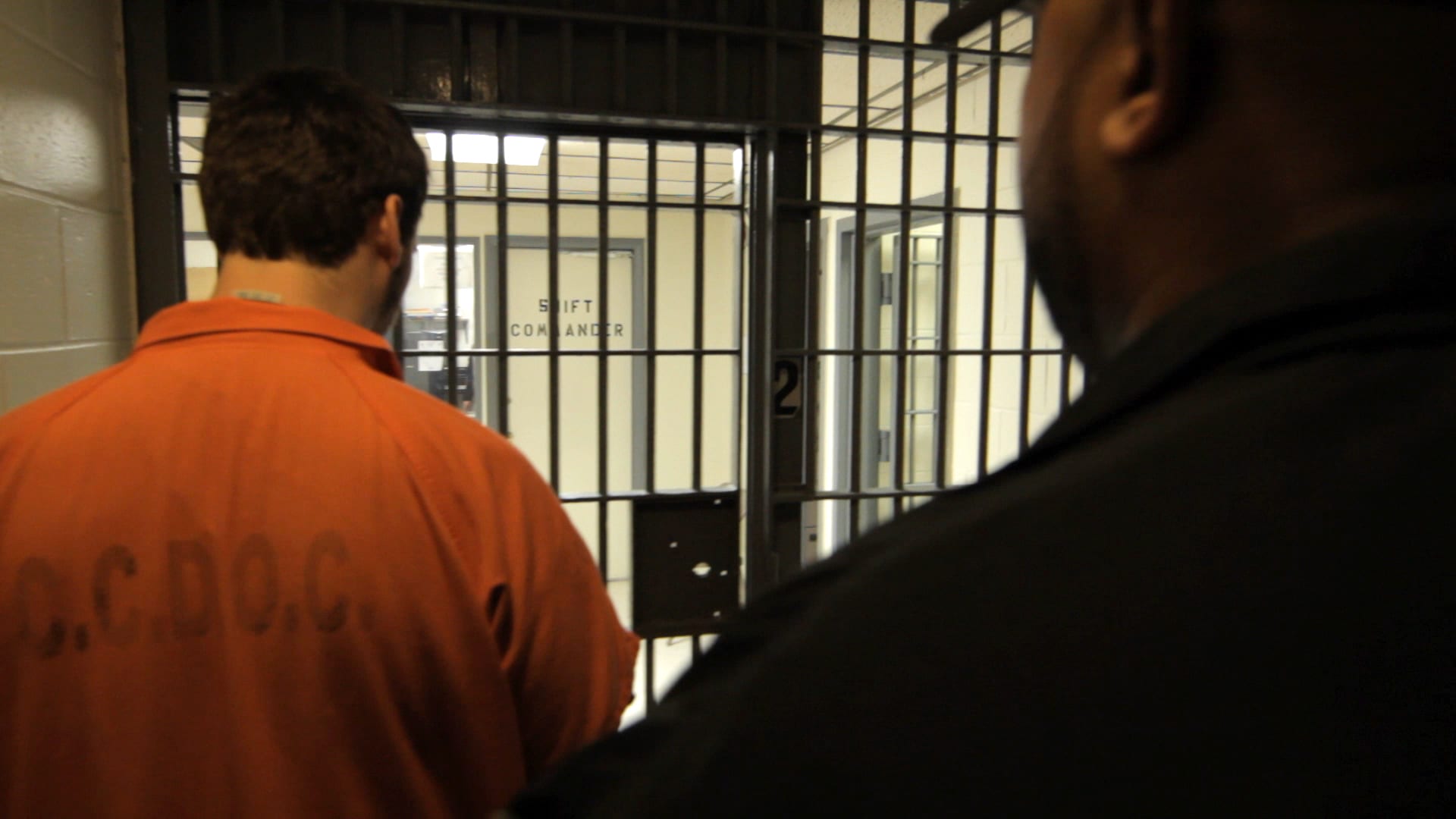The Impact of Mass Incarceration on Indiana’s Youth

Mass incarceration has proven an incredibly pernicious problem in the United States. This is particularly true in Indiana, where incarceration rates are consistently 7 percent higher than the national average due to the opioid crisis. These elevated rates have a disproportionate effect on the mental health and well-being of children in the state, as nearly two-thirds of incarcerated women and half of incarcerated men are parents.
Interdisciplinary Research Leader (IRL) fellow Angela Tomlin, PhD, recently joined a panel of public health leaders on the No Limits radio program produced by WFYI Indianapolis. On the show, Angela discussed root causes of mass incarceration in the state and the impact it has on Indianapolis youth. Her IRL team member, Shoshanna Spector, Executive Director of INDYCan, was also featured in one of the pre-recorded segments.
Researching mass incarceration’s effect on the social, emotional, and developmental health, as well as long-term health equity, of Indiana’s youth is part of their work with the IRL program. Along with their other IRL teammate, Karen Ruprecht, PhD, they are also exploring the health benefits of expanding access to quality pre-K for children from low-income communities of color impacted by over-incarceration.
IRL teams up two researchers and one community partner, who could be a nonprofit leader, organizer, faith leader, business owner, or any other local leader. They take on a project that uses applied research—that is, research that is designed with the community and that puts findings to action immediately to create real change. For this team, community partner Shoshanna is deeply rooted in Indiana’s faith networks and ensures that the research meets the community’s needs. As researchers, Angela and Karen provide subject matter expertise to designing and implementing the research, including interviews and focus groups with families who have faced incarceration. Together, the trio have strong connections to grassroots networks and the ability to inform policymakers in Indiana.
“When children are apart from their parents due to incarceration, we can see a number of health challenges, we can see behavior problems at times in school, and we can see issues that affect the whole family in terms of finances,” says Angela. The lingering result of this trauma can continue to affect children as they move into adulthood.
You can listen to Angela and Shoshanna on this recent episode of No Limits and learn more about their work by visiting their project page.
